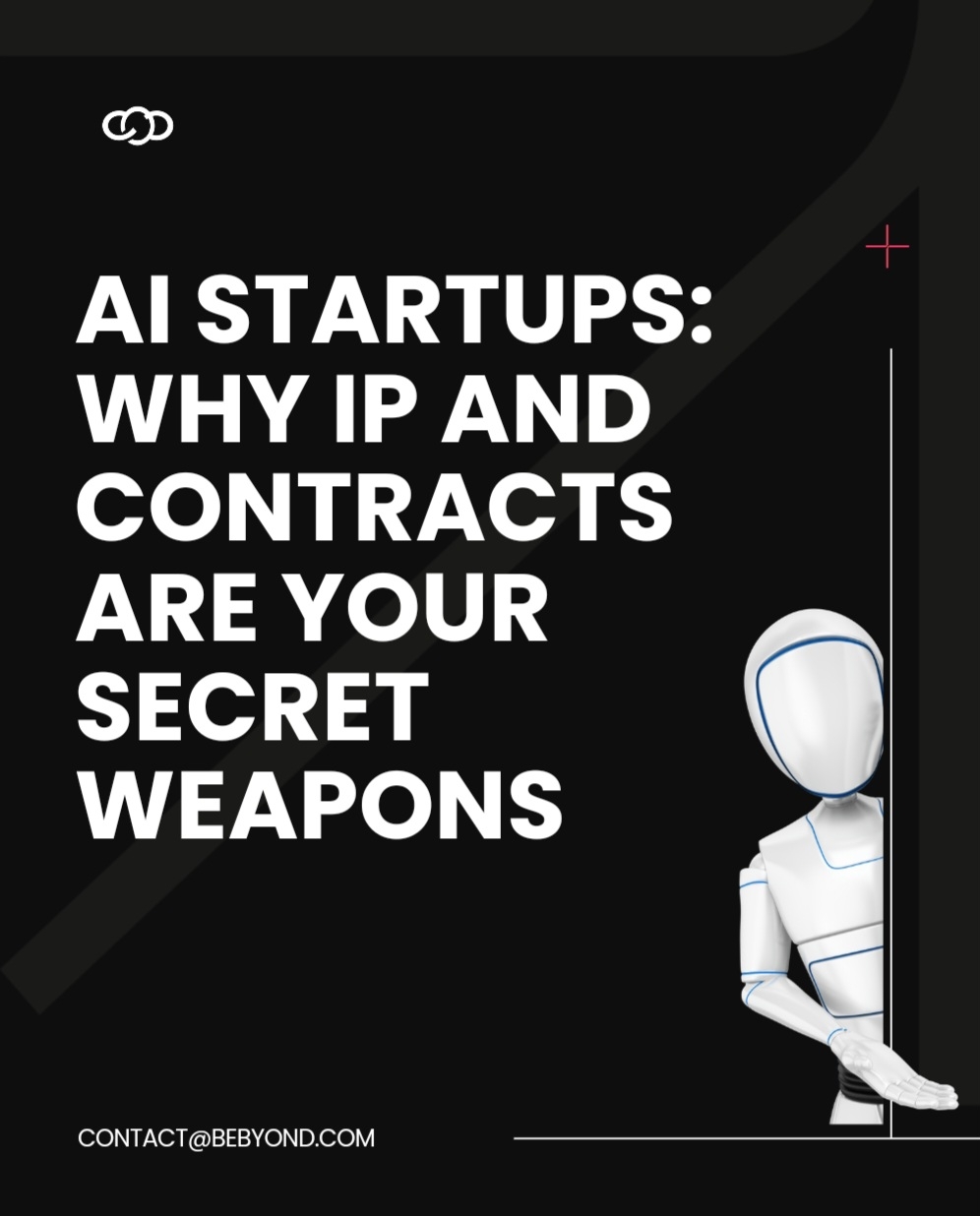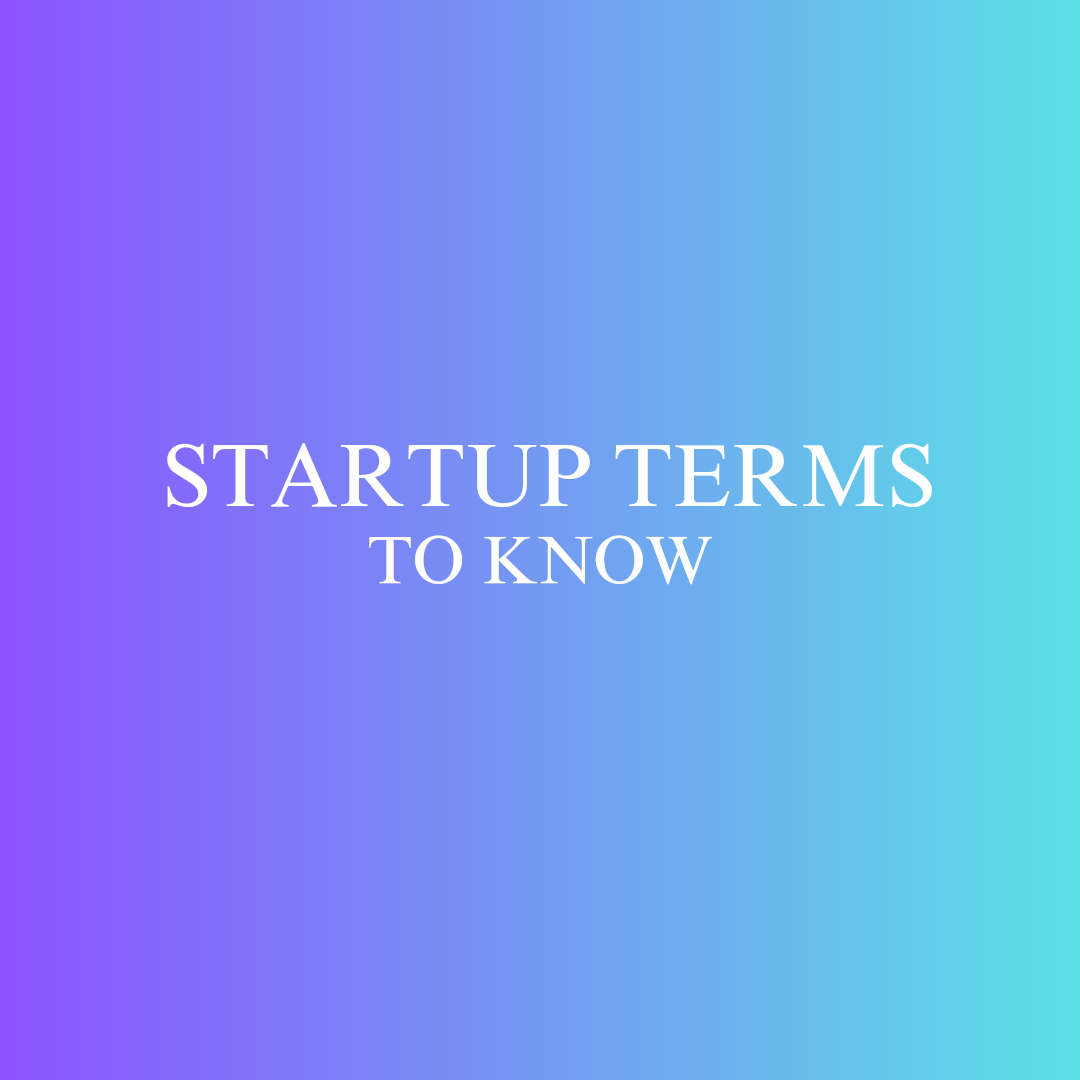Back
Piyush Upadhyay
Partner, Registered ... • 6m
💡 Startups often chase funding, traction, and GTM plans. But here’s what many overlook: IPR is your silent co-founder. In the rush to build MVPs and pitch decks, intellectual property (IPR) often takes a backseat. But for startups building tech, design, or content-driven products — your value is in your IP. Let’s me unpack this: 🚀 3 Types of Startup-IPR Relationships I see often: 1. The “Afterthought” Approach → “We’ll file patents/trademarks/designs or copyrights(for code) once we raise funding.” ⛔ Risk: Someone else gets there first. Or worse — investors question your moat. 2. The “Everything is Ours” Approach → Founders assume they own all code, designs, ideas created by team/contractors. ⚠️ Reality check: Without proper assignments, they don’t. 3. The “Silent Advantage” Approach → Smart founders quietly build a strong IP wall early — patenting key tech, registering trademarks, protecting user data legally. ✅ They may not shout about it, but their valuation speaks volumes later. 🎯 Startups don’t need to become law experts. But understanding where IPR fits into their growth story can change everything. Whether you’re building SaaS, AI tools, brands, or hardware — a healthy IPR strategy could be your biggest differentiator (and defense). Normalize talking about IP before Series A. #Startups #IPR #TechFounders #BuildWithMoats #PatentStrategy #Medial
More like this
Recommendations from Medial
Emily Kristina
Avid Blogger and Con... • 29d
In the startup world, trends aren’t just in products—they're in what we wear, too. Right-hand rings are emerging as a subtle, symbolic accessory for founders, creators, and professionals. Think bold cocktail pieces or sleek diamond designs—wearing on
See MorePP Associates
Best Law Firms in Ko... • 1m
💡 Startups don’t just fail because of competition or funding—often, the biggest risk comes from within. 👉 Read: Co-founder Betrayal & Legal Lessons Every Startup Founder Must Know Disputes between co-founders have destroyed more startups than marke
See MoreDownload the medial app to read full posts, comements and news.
































